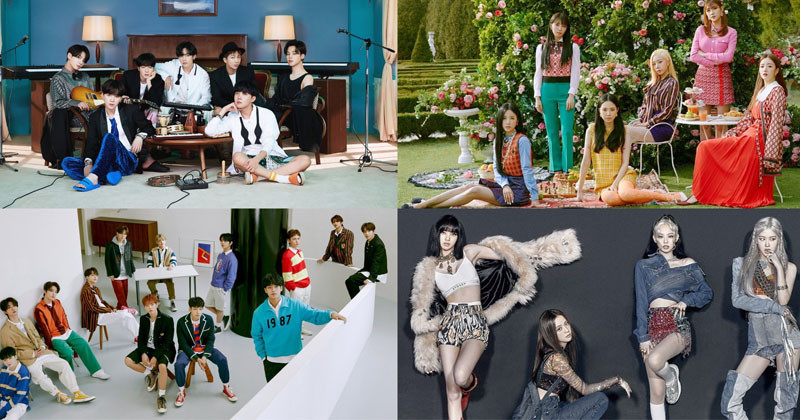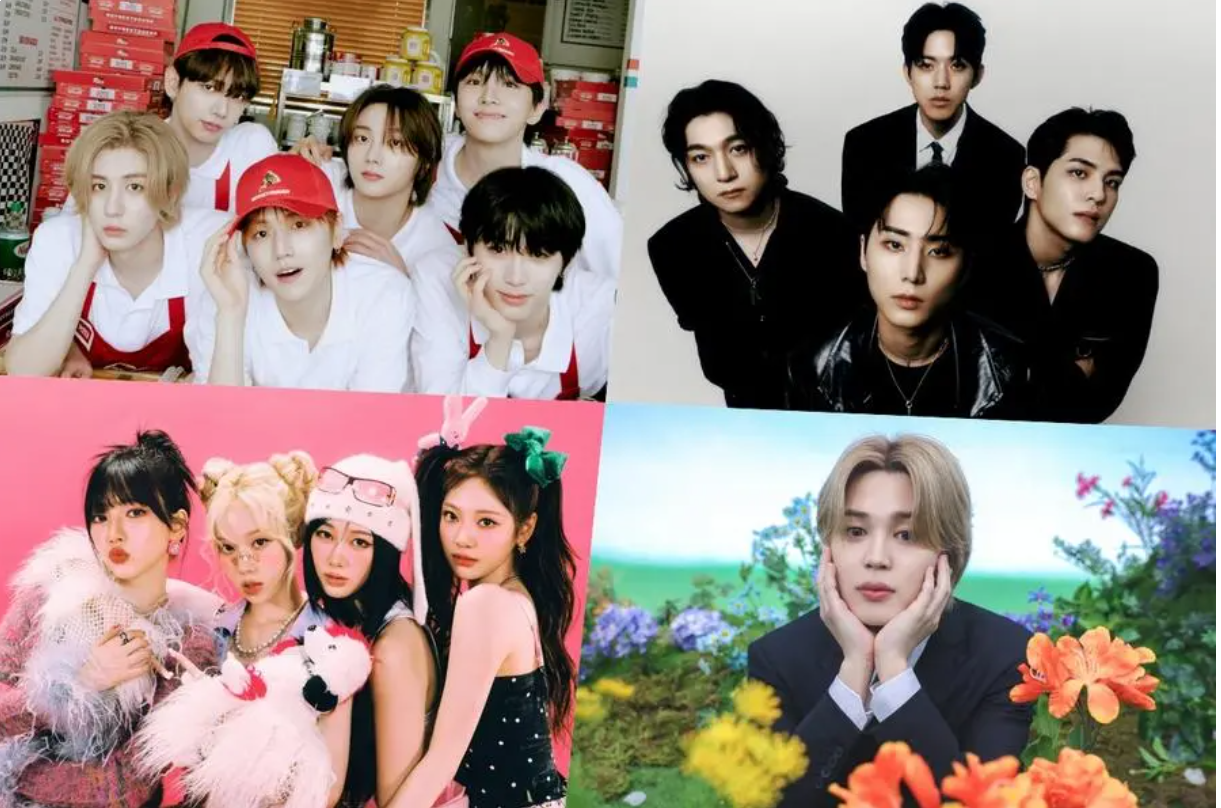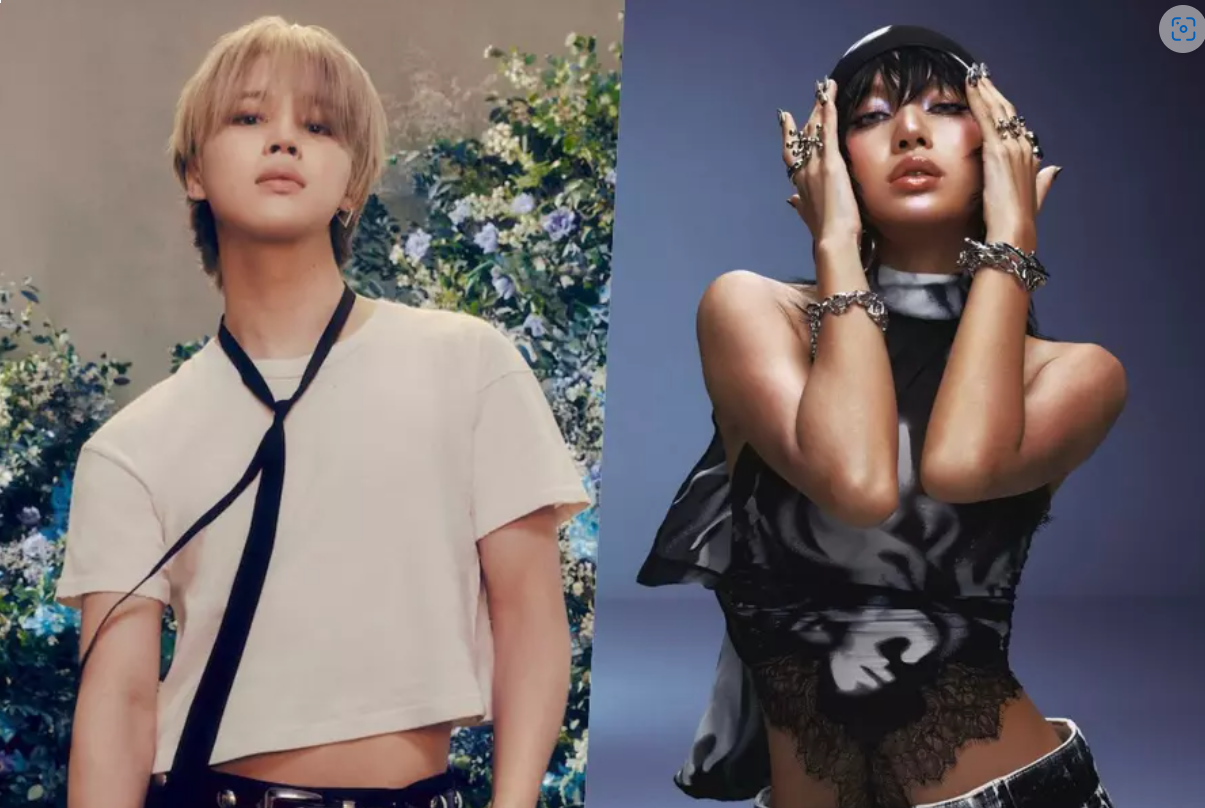Coronavirus and K-pop in 2020: how BTS, BLACKPINK, NCT and the rest of the industry weathered the pandemic, and the risk of a pop infection cluster
- Watch: Rosé And Bruno Mars Take 3rd Win For "APT." On "M Countdown"
- BLACKPINK's Rosé Announces Solo Comeback With Teasers For 1st Studio Album "rosie"
- BOYNEXTDOOR, DAY6, aespa, Jimin, And BLACKPINK Top Circle Weekly Charts
The year started strongly for K-pop. At the beginning of a new decade, it felt like anything could happen. Then the Covid-19 pandemic shut down much of the world, changing people’s lives.
Initially, South Korea had a successful response to the coronavirus, and things stabilized quickly for the K-pop industry after planned album releases and world tours were postponed or canceled.
Paradoxically, 2020 turned out to be a major year for the Korean pop industry at a time when many others struggled.
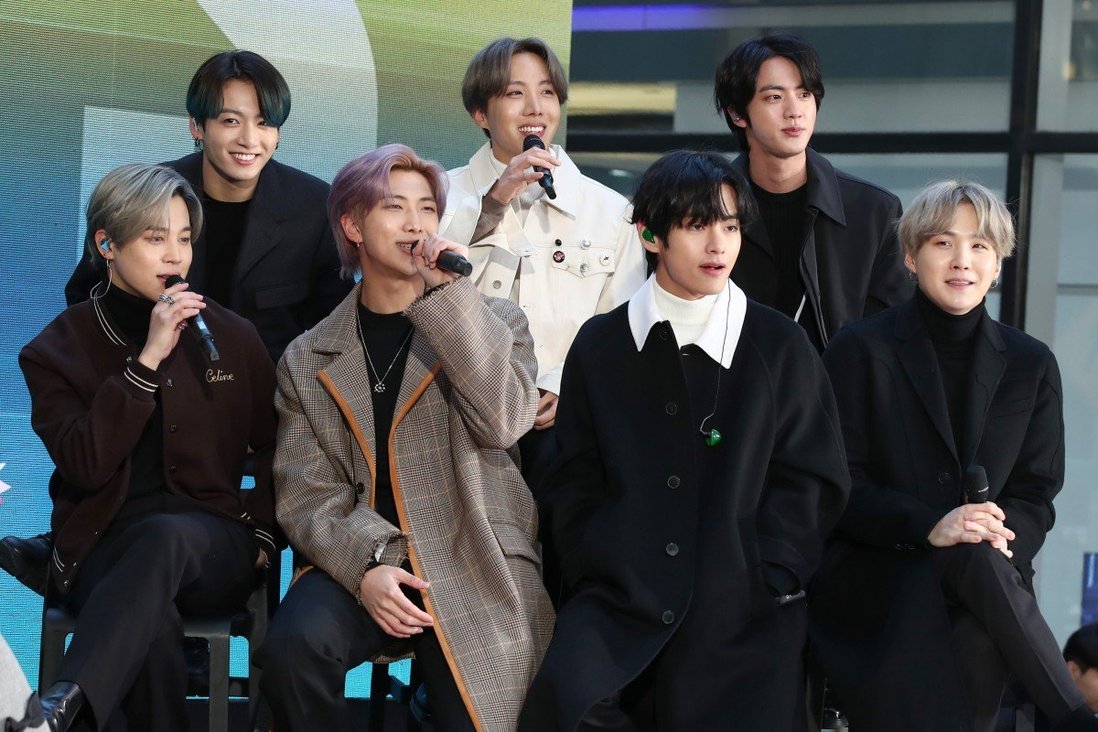

Music of the moment
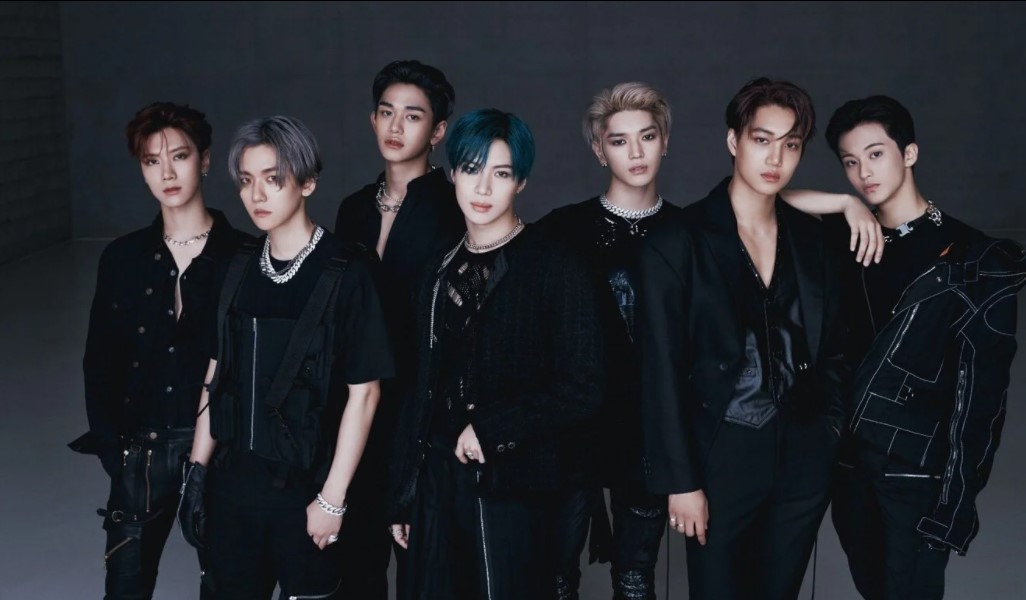
K-pop artists over the past few years have been creating music of the moment, much of it dealing with the experiences of this generation of young people. In 2020, acts like BTS, SuperM, and Tomorrow X Together released albums meant to provide comfort and insight into the period we’re living through, and many others released songs dealing with similar themes.
Some looked towards the future, and many shared the feelings of people around the world struggling with the impact of Covid-19, but they all provided solace to listeners.
Going digital
After an initial scramble that saw some artists touring internationally while countries were starting to shut down in March, including an Everglow tour in the US that rapidly instituted mask rules for audiences, the South Korean music industry quickly turned to online concerts.
In the past, K-pop concerts were made available as live streams to fans, but never before had they tried to do away with a physical audience.
Various apps, including V Live, which launched its Beyond Live series with a SuperM show in April, and American streaming platforms Kiswe – which hosted BTS’ 993,000 concertgoers – and LiveXLive, helped made the shift happen, creating an ecosystem where the acts big and small were able to put on paid concerts and other fan-oriented events.
Artists also took part in online Covid-19-themed concerts and events, such as BTS in YouTube’s Dear Class of 2020 event and SuperM performing at the Global Citizen One World: Together at Home concert.
Another big shift revolved around direct conversations between fans and artists at online fan meet events. These are typically held around album releases or tours, and it is rare for K-pop artists to engage with fans on a global scale.
But 2020 perpetuated the trend in South Korea of “ontact” events, or online contact via contactless engagement, and fans across the world vied for a chance to talk to their favourite stars.
Neither the concerts nor access to these events, usually obtained to by purchasing albums, came cheap at a time when people around the world were struggling financially, but for many fans these events provided not only entertainment, but also a sense of comfort, resulting in K-pop acts racking up millions of views and dollars.
Spending boom
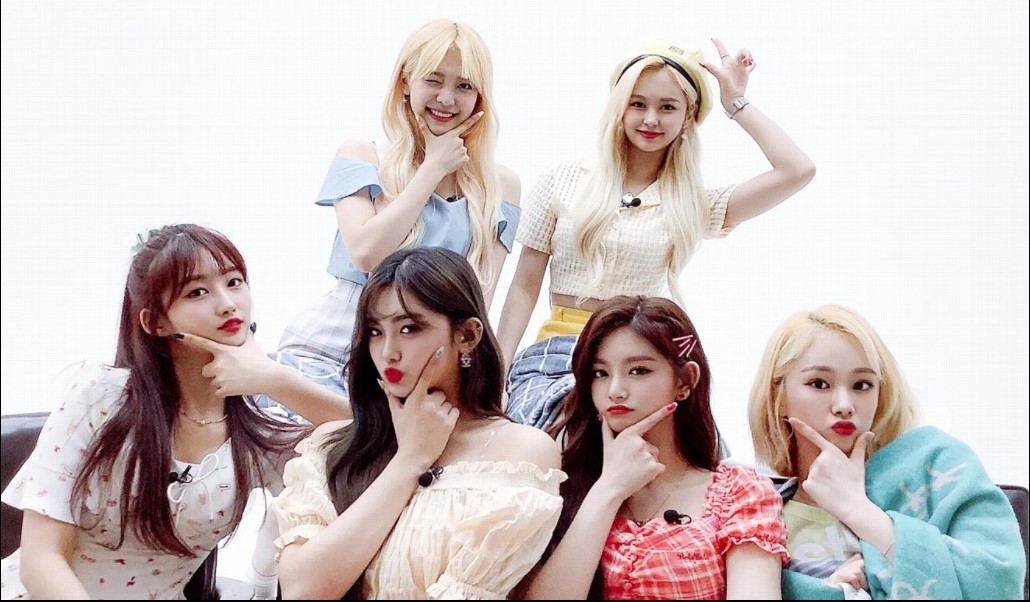
This year saw numerous K-pop acts, from BTS, Seventeen, BLACKPINK, and NCT, to Baekhyun of Exo selling millions of copies of physical albums. Globally, the Korea Customs Service reported that exports of CDs and DVDs rose by 94.9 per cent year-on-year for January to November.
Album exports in particular increased from US$70 million in 2019 to US$123 million in 2020. Japan, the US and China were the biggest importers of physical albums.
K-pop cluster concern
As the year neared its end, South Korea saw a surge in coronavirus cases. But the K-pop industry acted as if all was fine; this led to several artists testing positive for Covid-19 and to dozens of others having to undergo testing.
Broadcast events and awards shows have been trying to reduce the risks of exposure to the virus, but as Seoul brings in tighter restrictions, there are concerns about industry events resulting in a K-pop cluster.
